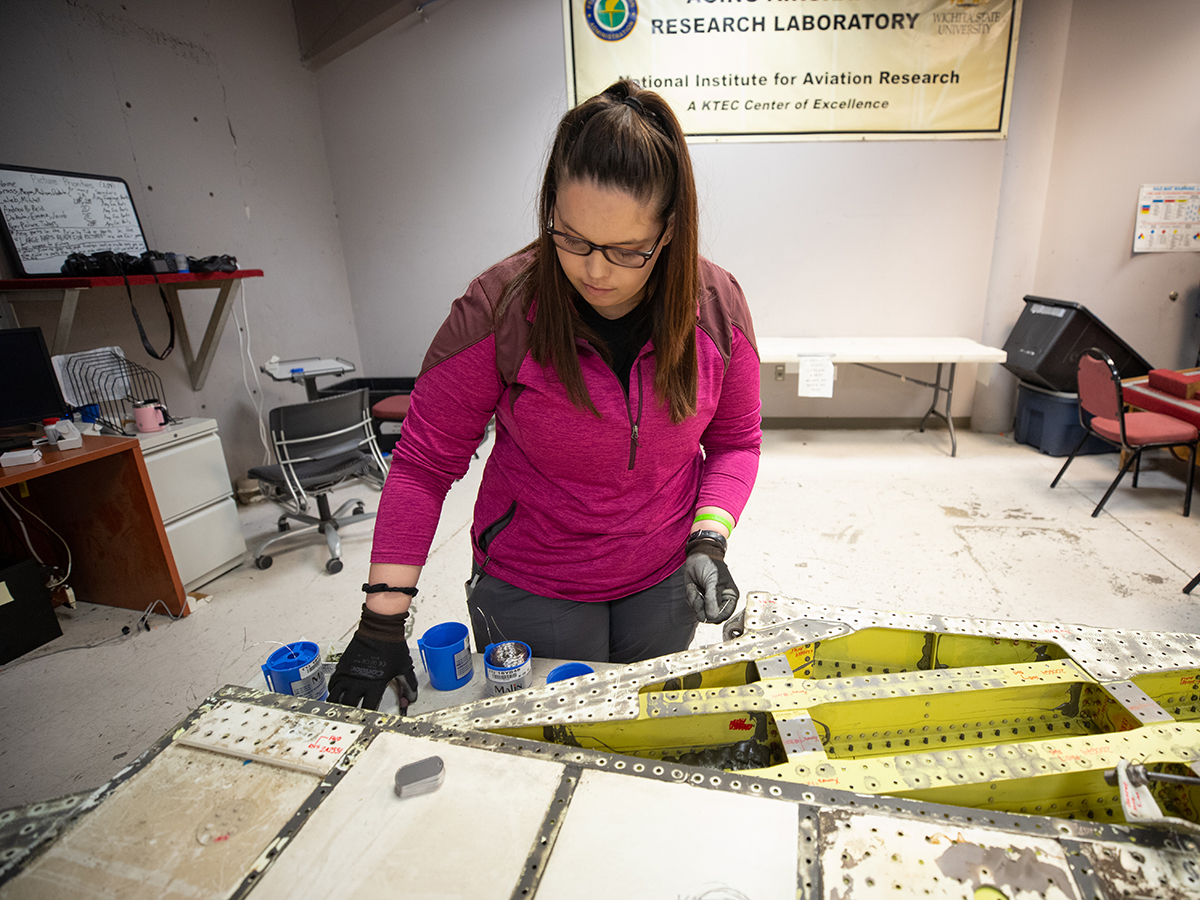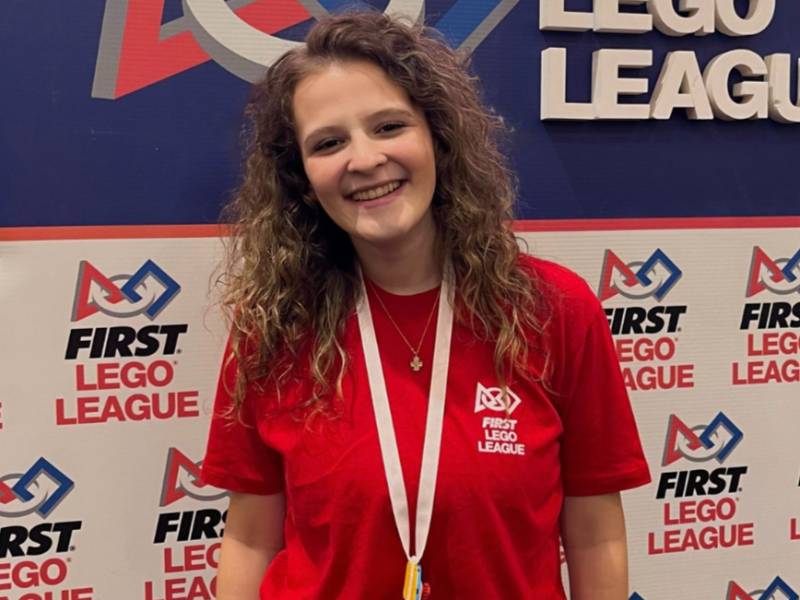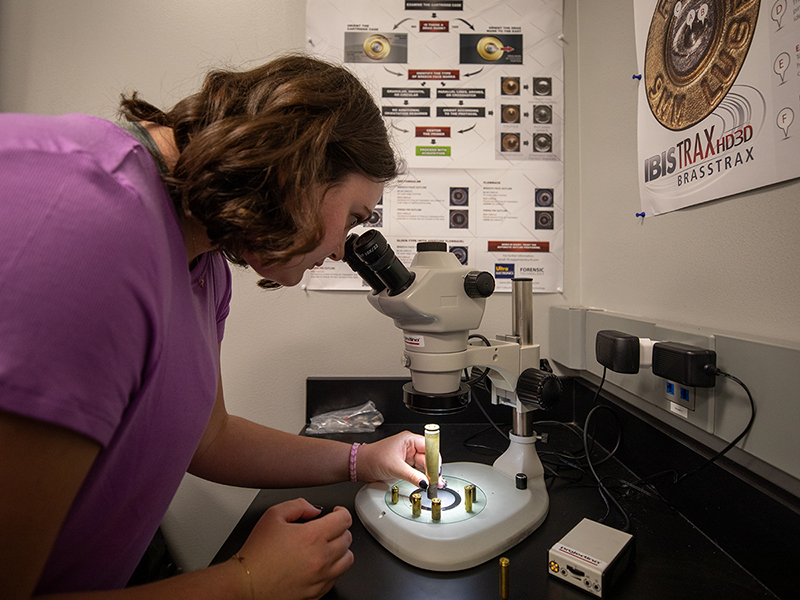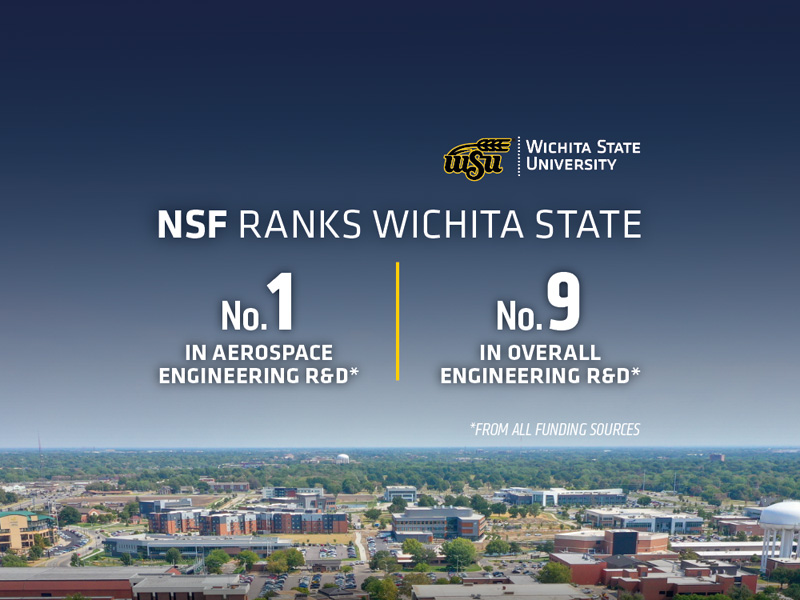Wichita State University was recently named a partner in a $14 million grant from the National Science Foundation (NSF) to join the NSF Innovation Corps (I-Corps) Great Plains Hub.
The I-Corps program prepares scientists and engineers to extend their focus beyond the laboratory to increase the economic and societal impact of NSF-funded and other basic research projects. The first Wichita State cohort will begin Sept. 15.
 “This partnership gives students, faculty, staff and the Wichita community at large
the opportunity to explore their idea more practically and learn how to talk to potential
customers," said Sherry (Gegen) Whitson, program director for WSU Strategic Initiatives.
“I believe it will help build on our innovation ecosystem.”
“This partnership gives students, faculty, staff and the Wichita community at large
the opportunity to explore their idea more practically and learn how to talk to potential
customers," said Sherry (Gegen) Whitson, program director for WSU Strategic Initiatives.
“I believe it will help build on our innovation ecosystem.”
This isn’t the first time Wichita State has worked with the I-Corps program. When the NSF began to award I-Corps grants in 2011, each recipient had a site where those who took the program received local training, and universities could refer people to regional programs. WSU was an NSF I-Corps site from 2016 to 2021.
I-Corps is now organized into regional hubs across the country, and each hub consists of a lead institution and seven or more universities, funded researchers or other established entrepreneurs. Wichita State will join the Great Plains Region Hub, which is led by North Dakota State University.
“We are proud to join the Great Plains I-Corps Hub, partnering with leading research institutions to bring world-class training, mentorship and networking to our region,” said Dr. Jeremy Patterson, dean of the College of Innovation and Design at Wichita State and faculty lead for the program. “I’ve been through every phase of the program and have seen firsthand how I-Corps gives researchers a real-world understanding of what it takes to be an entrepreneur.”
Other partner institutions in the hub include the South Dakota School of Mines and Technology, University of Montana, University of Wyoming and University of Nebraska-Omaha. The 13 regional hubs form the National Innovation Network, which allows involved researchers, federal agencies and entrepreneurial communities to communicate with each other and further enhance the adaptation of ideas for the marketplace.
The NSF I-Corps initiative began in 2011. The primary goal of this seven-week program is to provide entrepreneurial training and give university faculty and staff the ability to assess commercialization opportunities in their work and extend their focus beyond the university laboratory.
“It’s more important now than ever to invest in and expand upon the technologies of our future,” said Debra Franklin, Wichita State’s associate vice president of Strategic Initiatives and Industry Engagement and principal investigator for the program. “Aviation and health technologies have long product development cycles. I-Corps training will enable us to enhance the productivity and processes that go into developing something as concrete as a wearable or as complex as a composite aircraft.”
Since its inception, I-Corps has trained thousands of researchers, resulting in the formation of 1,300 startups, which have accumulated more than $3 billion.
“It goes to show how important knowing the fundamentals of the business world are in any profession,” said Dr. Gary Brooking, department chair of the Applied Engineering Department at Wichita State. “Having that entrepreneurial mindset gives researchers a broad range of skills, selling being one of them, but also understanding areas for opportunity, connecting with resources and overall being more of a broad thinker.”
The curriculum provided by the regional hubs varies, but all focus on tapping into the commercial potential of the technologies in the engineering and science communities. NSF I-Corps award recipients will receive funding to participate in the program.
“It’s so fun to watch what the participants — whether they be student, team or community members — get from this experience,” said Dr. Heidi Bell, department chair of Human Performance Studies. “There are plenty of brilliant minds that populate our communities in all of our professions, and a lot of their ideas or products have the chance to succeed in the marketplace with the entrepreneurial skills that I-Corps can teach.”
About Wichita State University
Wichita State University is Kansas' only urban public research university, enrolling more than 23,000 students between its main campus and the WSU Campus of Applied Sciences and Technology (WSU Tech), including students from every state in the U.S. and more than 100 countries. Wichita State and WSU Tech are recognized for being student-centered and innovation-driven.
Located in the largest city in the state with one of the highest concentrations in the United States of jobs involving science, technology, engineering and math (STEM), Wichita State University provides uniquely distinctive and innovative pathways of applied learning, applied research and career opportunities for all of our students. The National Science Foundation ranked WSU No. 1 in the nation for aerospace engineering R&D, No. 2 for industry-funded engineering R&D and No. 8 overall for engineering R&D.
The Innovation Campus, which is a physical extension of the Wichita State University main campus, is one of the nation’s largest and fastest-growing research/innovation parks, encompassing over 120 acres and is home to a number of global companies and organizations.
Follow Wichita State on social media:






